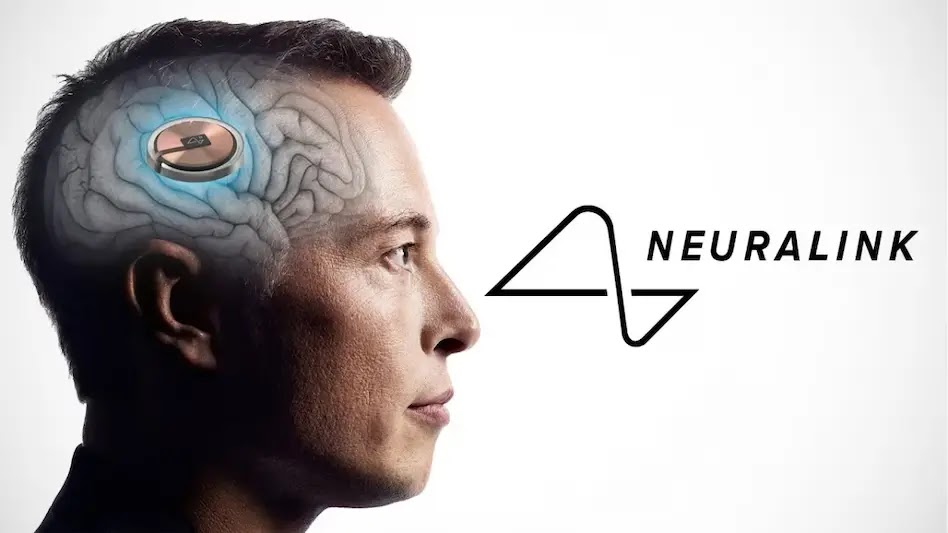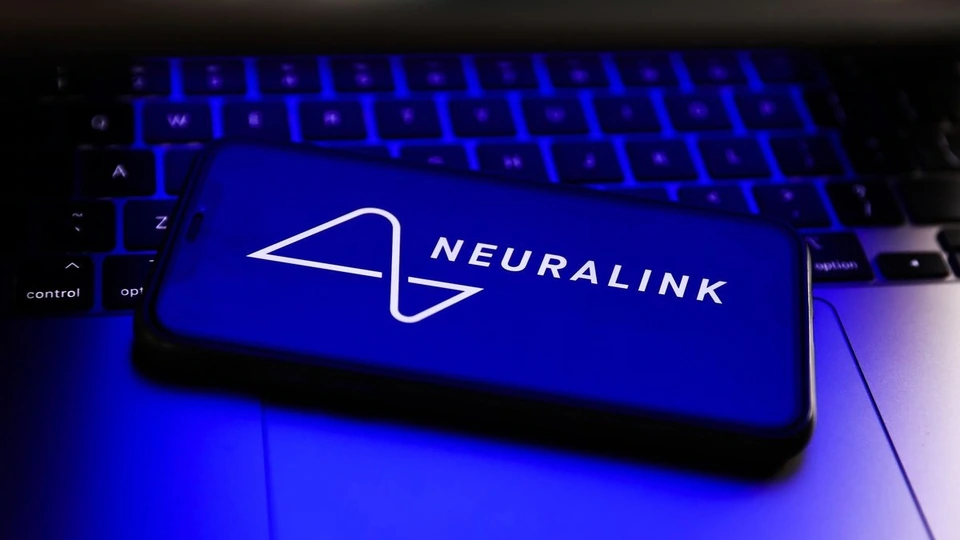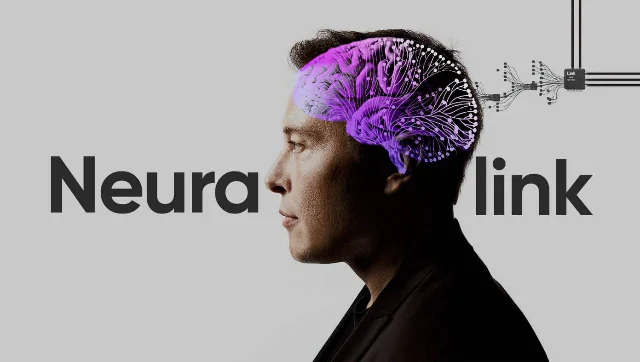Neuralink, a company co-founded by Elon Musk in 2016, is at the forefront of a revolution—developing implantable brain-computer interfaces (BCIs) with the potential to bridge the gap between human thought and technology. Here’s a deep dive into Neuralink’s ambitious goals, technological approach, and potential implications of this emerging technology.
The vision: Seamless brain-computer integration
Neuralink’s mission is to create a high-bandwidth BCI that seamlessly connects the human brain to computers, allowing a more natural and intuitive way to interact with technology, potentially bypassing traditional interfaces like keyboards or touchscreens. Imagine directly controlling a computer cursor, prosthetic limb, or even a virtual reality world with your thoughts!
Read also: Neuralink’s first brain-chip recipient has higher capacity
The technology: high-fidelity neural recording
The key to Neuralink’s vision lies in its implantable device called the “Neuralink Link.” This device consists of tiny threads (thinner than a human hair) embedded with multiple electrodes. These electrodes are surgically implanted into the brain tissue, allowing them to record the electrical activity of neurons. The Neuralink Link then transmits this neural data wirelessly to a receiver implanted behind the ear.
The focus on high-fidelity recording is crucial. By capturing a vast amount of high-resolution neural data, Neuralink hopes to decode complex brain signals and translate them into actionable commands for external devices.
The applications: A glimpse into the future
Neuralink envisions a wide range of applications for its BCI technology, with potential benefits for both healthy individuals and those with neurological conditions:
Neuralink’s technology has the potential to revolutionize healthcare. One key area of focus is restoring lost function in individuals with paralysis. Imagine someone with spinal cord injuries regaining control of their limbs through a brain-computer interface. Neuralink’s BCI could allow them to control prosthetic limbs or assistive devices with their thoughts, offering a new level of independence and improving their quality of life.
The technology also holds promise for treating neurological disorders. By directly modulating brain activity, Neuralink’s BCI could help manage conditions like epilepsy or Parkinson’s disease, which could involve interrupting seizure activity in the brain or stimulating specific brain regions to alleviate symptoms associated with Parkinson’s.
Beyond medical applications, Neuralink envisions a future where BCIs enhance human capabilities in various ways. Imagine controlling computers or virtual reality environments with just your thoughts! This could revolutionize our interactions with technology, creating a more intuitive and immersive experience.
Neuralink is also exploring the possibility of using BCIs to augment cognitive abilities. This could involve enhancing memory, focus, or communication. While still in the early stages of exploration, these possibilities hint at a future where BCIs could help us overcome cognitive limitations and reach new heights of human potential.
Difficulties and factors to keep in mind
While the potential of Neuralink’s technology is vast, there are significant challenges to consider:
Neuralink’s vision for brain-computer interfaces is exciting, but significant hurdles must be addressed before widespread adoption becomes a reality.
One major concern is the safety and biocompatibility of the implanted device. Any foreign object placed in the brain carries inherent risks. To gain public trust, Neuralink must prioritize rigorous testing and ensure the long-term safety of its implants. The biocompatibility of the materials used is also crucial, as the body’s response to the implant can significantly impact its functionality and user well-being.
Ethical concerns surrounding BCIs are another challenge. Brain-computer interfaces raise complex questions about privacy and security. How will Neuralink protect sensitive brain data collected through the implant? Additionally, robust ethical frameworks are needed to address the potential misuse of this technology. As BCI technology advances, establishing clear guidelines for responsible development and use will be critical.
Read also: Neuralink brain implants revolutionise human-computer interaction
Finally, accessibility and affordability are crucial considerations. Neuralink’s technology is still under development, and the initial costs associated with these implants are likely to be high. For widespread adoption to occur, Neuralink must find ways to make this technology more affordable and accessible to a broader range of individuals. Addressing these challenges will be essential for Neuralink to navigate the path toward a responsible and impactful future for its BCI technology.
The road ahead: balancing ambition with responsibility
Neuralink’s vision for a seamless brain-computer interface is ambitious and has the potential to revolutionize how we interact with the world. However, navigating the technical hurdles, ethical considerations, and social implications will be critical for the responsible development and deployment of this powerful technology. As Neuralink continues its research and development efforts, the world watches with anticipation to see how this technology will shape the future of humanity’s relationship with machines.
















